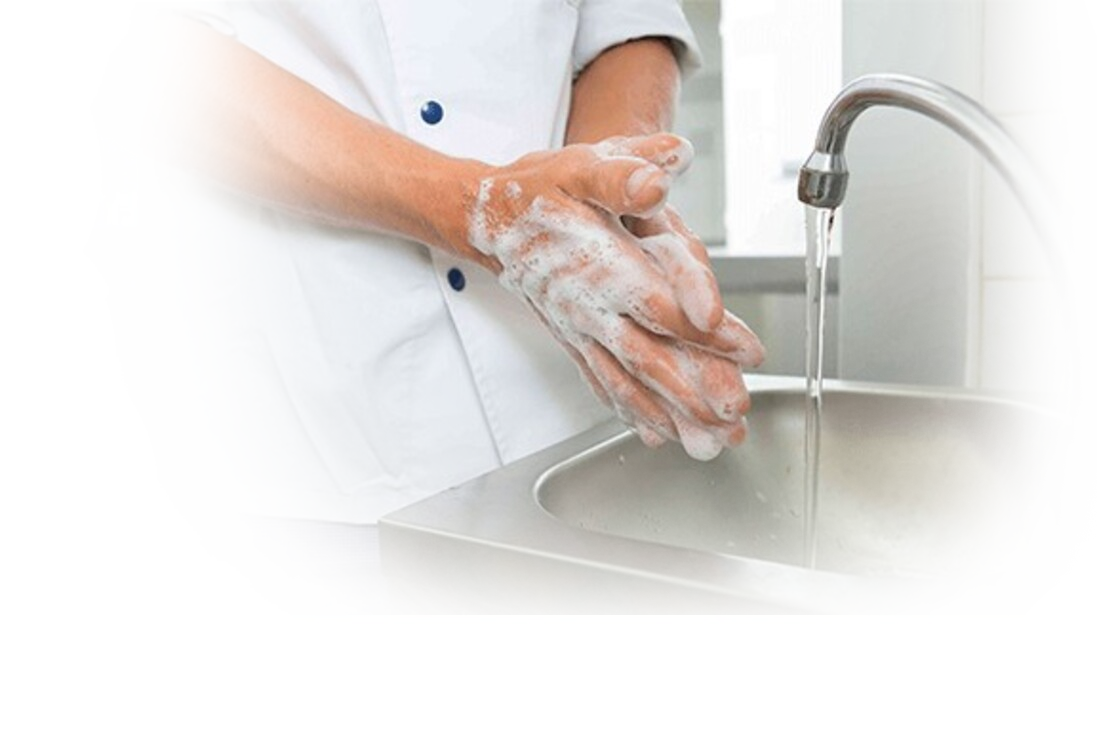This course has been assured by the Royal Society for the Prevention of Accidents (RoSPA) qualifications
It is a legal responsibility for anyone who works with food to undertake food hygiene training. Any employee who stores food or sells it has a duty to make sure it is safe and does not cause harm or injury to the consumer.
Developed by Janet Cousins, food safety expert, this food hygiene and safety training course for workplaces will provide you with the knowledge and skills to understand the legal requirements surrounding food preparation, the potential hazards related to food safety and how to apply best practice.
Please note: This training course consists of learning through video, task completion and further reading/research. Please consider this when planning and allocating your time. To successfully understand and achieve the objectives of the course, learners are expected to engage in all aspects of the learning process to ensure they can successfully apply the knowledge and skills they have gained in their own setting.
Designed in line with the following policies:
- The Food Safety (General Food Hygiene) Regulations 1995
- Food Standards Act 1999
- Food Safety Act 1990
Important note for non-UK learners: Although this food hygiene and safety training course for workplaces reflects best practice principles and might be useful for learners outside the UK, please note that it is based solely on UK guidance and legislation. Please make sure you also adhere to relevant legislation applicable in your own country.

